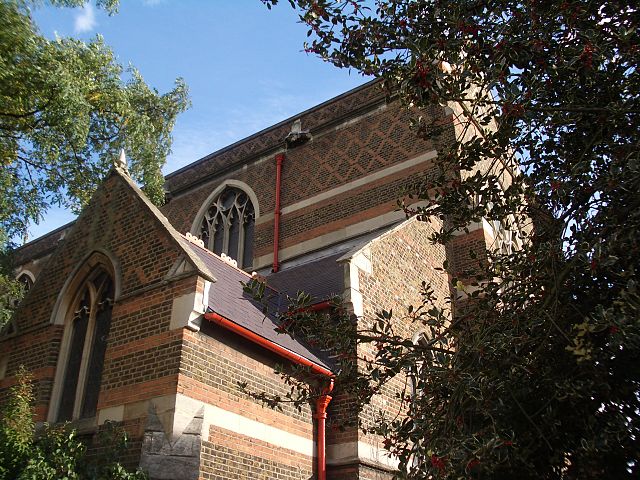I can't explain the terms any better than Peter Shor has already done, nor expand on the direct meaning of the poem, but I'd like to add some thematic commentary, in the hope that this might be considered enough for an answer.
John Betjeman's poetry includes a lot about religion, especially churches, and also a lot about travel, especially by train. Sometimes, as in this poem and others such as "Monody on the Death of Aldersgate Street Station", the two are juxtaposed together. In the poem you're asking about, there's a clear contrast between the religious ectasy of the church and the gloomy grimness of the station. The narrator feels too weighed down by sins to partake in the former, instead confining himself to the latter, which is depressing enough that he turns to suicide.
(No comment on what those sins might be. Peter Shor's suggestion of homosexuality is one possibility; another proposed interpretation is adultery, as Betjeman himself was apparently a serial adulterer. Certainly he remained formally married to Penelope Chetwode throughout his decades-long relationship with Elizabeth Cavendish.)
Betjeman also apparently had a particular fondness for gas lighting, which is mentioned many times in his writings, especially in connection with railway stations and churches.
In the poem you're asking about, gas lighting is mentioned in connection with both the church and the station. Indeed, this introduces potential ambiguity in lines 1, 3, and 5. Although the first two verses seem primarily set in the church, the "roar of the gas" upon "bracket and bracket" could easily be in the station too, and "the arches ring" sounds a lot like railway arches. (Perhaps not so coincidentally, Archway Bridge is a well-known suicide spot just up the road from Junction Road station.)
How about those Jehovahs?
- Jehovah-jireh means "the Lord will provide", but it has also been translated as "the Lord has seen" or "the Lord sees". Again I think there's some ambiguity here: it might refer to the religious ceremony which God sees and approves, or it might refer to the sins in the narrator's mind, which God also sees. "Jehovah Jireh! the arches ring" could mean church arches ringing with praise of God, or railway arches ringing with the sound of an approaching train.
- Jehovah-nissi means "the Lord my refuge". Since now the poem is turning towards the gloomier second half, the "dark" and "Gothic" suburbs, maybe this suggests the narrator is thinking to seek God and find refuge in death.
Finally, is it too much of a stretch to see religious symbolism in the description of the station? "Six on the upside! six on the down side! / One gaslight in the Booking Hall" - that makes thirteen, the number at the Last Supper. Identifying gaslights with Jesus and his disciples - a step too far? (For a while I wondered if Betjeman might be drawing a parallel between the physical structure of the station and the church, with six on each side equating to the Stations of the Cross, but apparently there are 14 of those not 12.)
